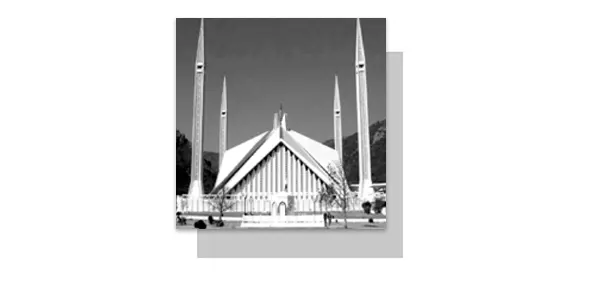“I profess the religion of love. Love is my religion and my faith. My mother is love, my father is love, my Prophet is love, and My God is love. I am a child of love. I have come only to speak of love …”- Rumi
“The religion of lovers is beyond all faiths. The only religion for lovers is God.” Rumi
This is the lesson one learns through divine love, when one discovers that God is already present with you, in you, as a lover and as a beloved. This realization will transform one’s life and will make the existence more meaningful. In Discourse five Rumi says, “Wherever you turn, there is the Face of God. This Face runs and extends infinitely and forever. True spiritual lovers have sacrificed themselves for the sake of that Face, desiring nothing in return. The rest of the human race are like cattle.”
When you realize this, you become one not only with God, but also with His creation, joined and bonded together with love. It will change one’s understanding of religion and its interpretation will become absolutely different. This fragrance of divine love one finds throughout in Rumi’s Dewan and Masanavi. Rumi says, “You are not to haunt your beloved; the beloved should come and haunt you, as a lover you will be dazed, as if you have jumped in an ocean.”
Here Rumi assumes the role of Prophet’s disciple. If you go to him as a teacher and as a mentor, he captivates you, transports you to a different world, with his thoughts and poetry. You are resurrected anew; born anew, with new thoughts and ideas of one’s existence in this world and hereafter. Love in all mystic traditions, Islamic, Christianity or Hinduism is all about connecting to others. Rumi says, “He alone whose garment is rent by a multi love is purged entirely of covetousness and defects. There is nothing as purifying as love, nothing as perfect as healer of all diseases as the fire of divine love. Blessed are such lovers as love cures all chronic diseases of pride and the worldly desires for honor and fame.”
Rumi implies that love purifies our soul and heals the most devastating disease of our character i.e. selfishness and cures all the negative personality traits, hypocrisy, lying, treachery and deceit. What is the distinguishing characteristic of a human being? Is it the ability to walk on our two feet? Is it the ability to think or conceptualize? Is it the ability to use symbolic language or is it according to Marx the ability to make tools? Will any of these make us human? A biologist might say so, but Rumi says, “No, the distinguishing characteristic of Humanity is the capacity to love. People who are not capable of love are deficient in their humanity. A candle never loses any of its light in lighting another candle.”
He says, “Love has a number of characteristics, selflessness, perseverance, sacrifice, commitment, courage, generosity, respect and lot of patience. These are also the personality traits of lovers. These attributes should be nurtured in children also. Love is love regardless of whether it is earthly love or heavenly love, because the ultimate source of love is God, where all love of creation originated.” Rumi says, “Oh Lord, you dropped an iota of love in Adam’s heart, from his heart to others, this love proceeds eternally.”
That iota of love was sufficient to create all love bonds, which one sees across history in space and time. God is thus the source of all love. The fact that God instilled this iota of love in our father Adam and Eve means, that every child, who is born is this world is capable to love. It only needs to be harnessed and cultivated by parents. The job of parents is not only to send their children to schools and universities, but also to nurture love in them. This capacity to love may be untapped, underutilized, nonetheless it is present in all of us and it needs to be awakened.
Love and spirituality in Rumi is intertwined. Rumi uses these words interchangeably. This is by design, because he experienced God, as love. If God and love are same thing, what does it mean to become Godly? How does one get closer to God? Rumi says, “Increase your capacity to love. The more love we have in ourselves, the closer we are to God. Is it possible to be religious without being spiritual? Rumi says, “It is flat no.” One may strictly adhere to religious doctrines by going to mosque and churches, but unless there is love and compassion in your hearts and behaviour, you may be very religious, but you are not spiritual.” He says, “See through the eyes of compassion, listen with ears of tolerance, speak with the language of love, gratitude is the wine of the soul, practice patience, it is the essence of praise, it is true worship, love of God is inseparable from love of humanity.
Hadees tells us that real jehad is inner jehad. Maulana is doing something more sophisticated. He tells us that your nafs is hell. Hell is not a place you go to and say how I ended up here. Hell is something we create when we hate and the hatred is the fuel that keeps hell burning. What is heaven? Remember the beautiful verse we recite when someone passes away, “Oh soul at peace, return to your lord, you pleased with Him and He pleased with you. Than you hear the voice of God saying, “Enter in my servants and enter my paradise.” Maulana says, “If you can find a servant of God who has cleaned himself of his nafs, the love, affection fellowship and joy you experience with him is the very stuff of paradise.” —To be continued
—The writer is author of various books based in Rawalpindi.









